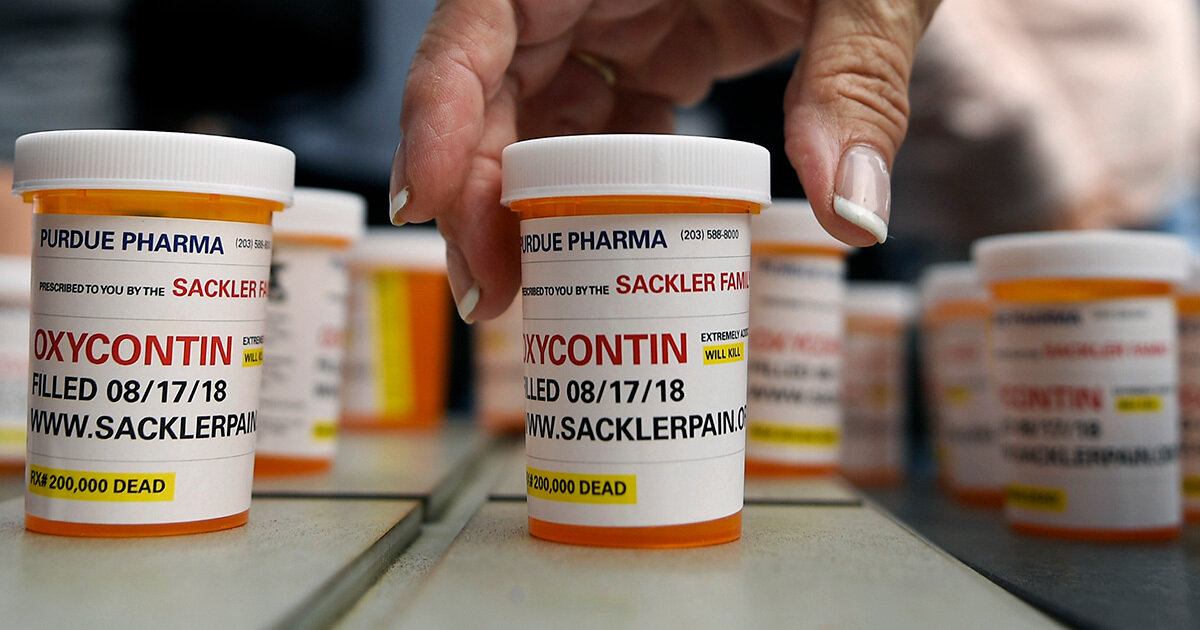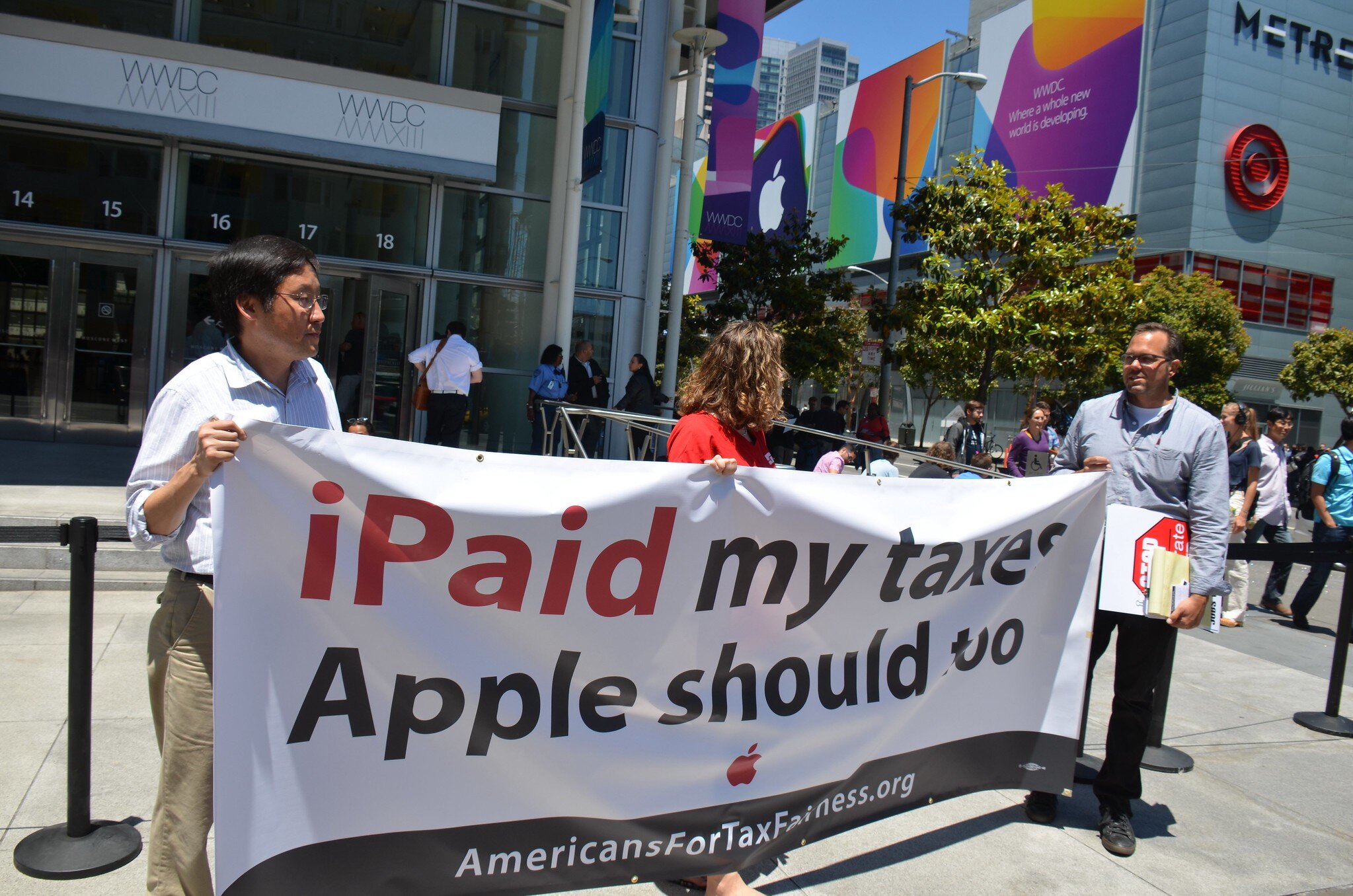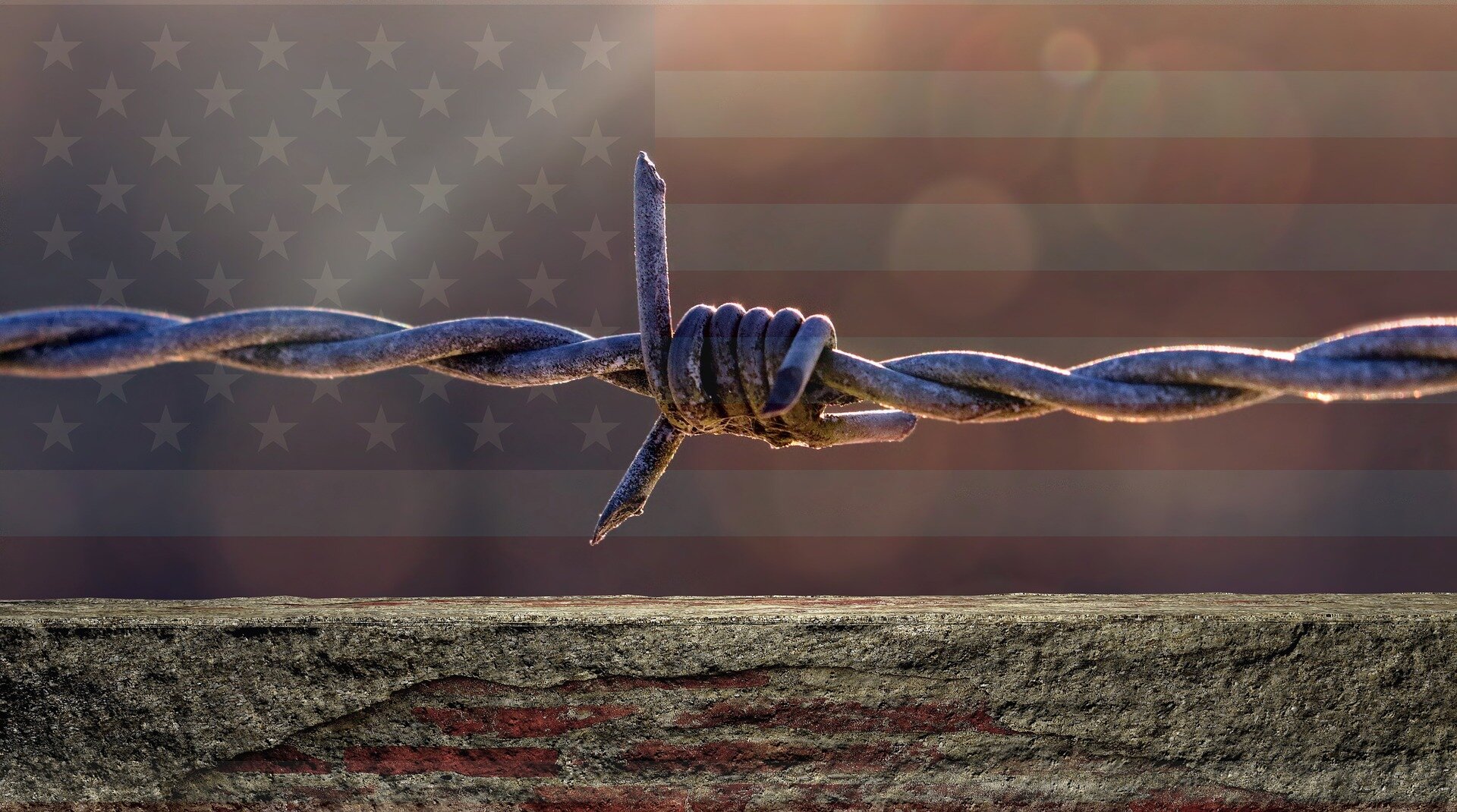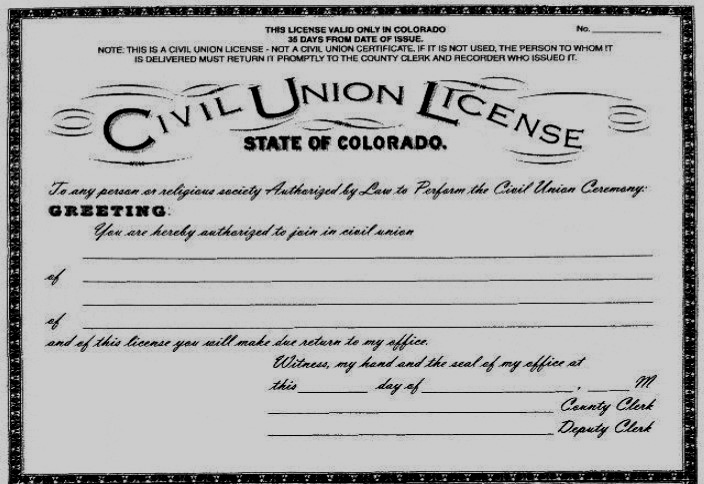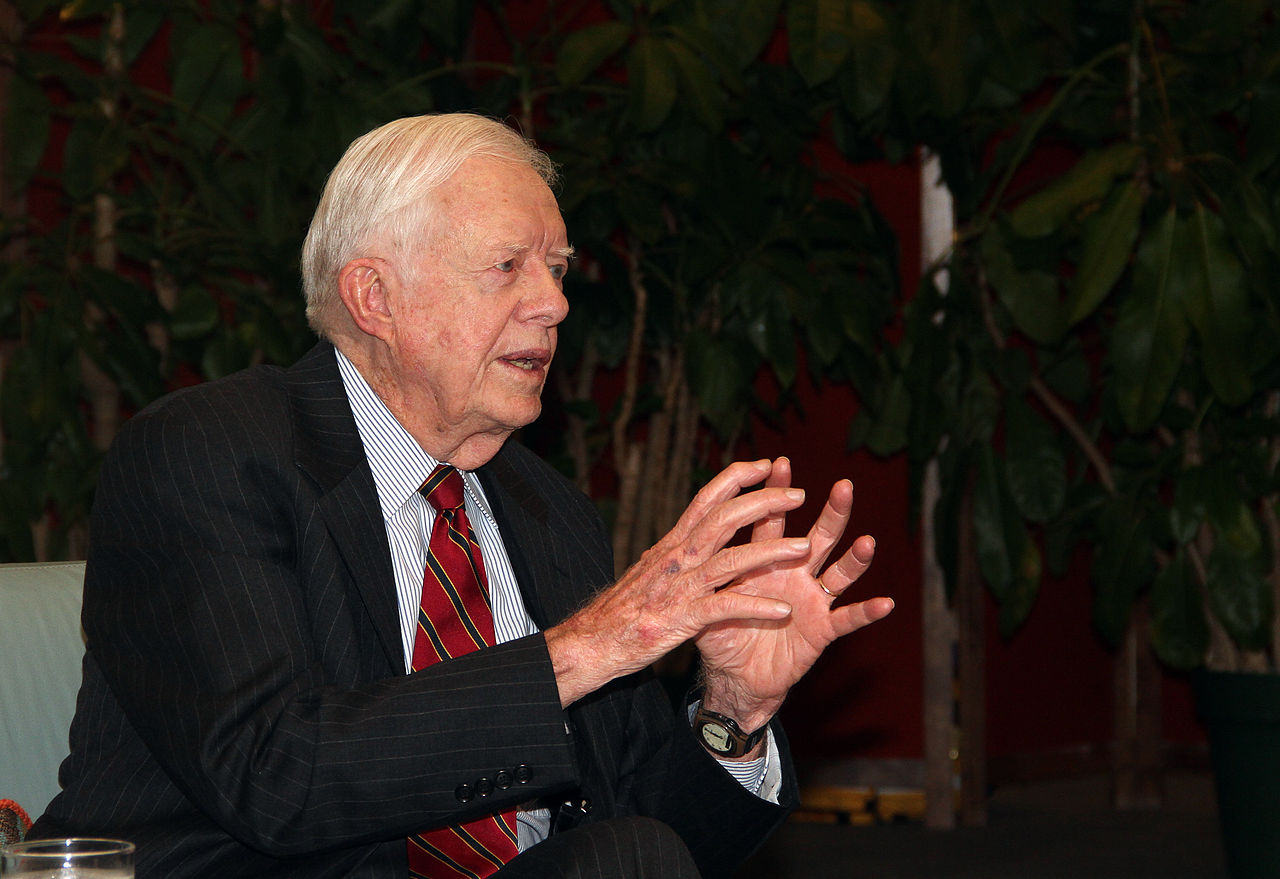Corporate Regulation
Christian Restorative Justice and Corporate Law
Photograph: Oxycontin, made by Purdue Pharmaceuticals. Photo credit: Jessica Hill, Associated Press Photos.
Introduction
These resources explore moral and ethical problems in corporate accountability, held up against God’s creation order and God’s vision for relationships between human beings, and also between human beings and the created world. For resources addressing wages, salary cap structures, worker-owned corporations, and labor protections, see the page on Labor.
Other Resources on Corporate Law: Regulation (From Early 1900’s)
Robert Jackall, Moral Mazes: The World of Corporate Managers. Oxford University Press | Amazon page, Dec 8, 2009. “This classic study of ethics in business presents an eye-opening account of how corporate managers think the world works, and how big organizations shape moral consciousness. Robert Jackall takes the reader inside a topsy-turvy world where hard work does not necessarily lead to success, but sharp talk, self-promotion, powerful patrons, and sheer luck might. What sort of everyday rules-in-use do people play by when there are no fixed standards to explain why some succeed and others fail? In the words of one corporate manager, those rules boil down to this maxim: "What is right in the corporation is what the guy above you wants from you. That's what morality is in the corporation." This brilliant, disturbing, funny look at the ethos of the corporate world presents compelling real life stories of the men and women charged with running the businesses of America”
David Heath, Lauded Public Health Researcher Also Worked for Industry, Revealing Entanglements of Science. Center for Public Integrity, Dec 20, 2013.
Michael Beckel, Top U.S. Corporations Funneled $185 Million to Political Nonprofits. Center for Public Integrity, Jan 16, 2014.
Rebecca Onion, Rules of Business Ethics for Early 19th Century Christian Merchants. Slate, Apr 29, 2015.
Taboo, Is History's Most Ruthless Company the Future of Business? Slate, Dec 2016. and So Reviled: Plots of Revenge and Rebellion. Slate, Dec 2016.
Jessica Kwong, Ivanka Trump Diamonds Embroiled in Alleged Money-Laundering Scheme: Report. Newsweek, Dec 22, 2017.
Brian S. Feldman, How America's Coastal Cities Left the Heartland Behind. The Atlantic, Apr 18, 2016. about regulatory policy and banks
John Carreyrou, Theranos Whistleblower Shook the Company—And His Family. Wall Street Journal, Nov 16, 2016.
Felix Salmon, In Europe, They Actually Fine and Jail Misbehaving CEOs. Why Can’t We? Slate, May 11, 2018.
Ian Bremmer, Trump’s Not the Problem. He’s a Symbol of 4 Bigger Issues. Big Think, Aug 1, 2018. Neoliberal globalization drains work and wealth from people, making them resent immigrants for the opportunities and benefits they receive in the country; veterans return from wars feeling dejected and despondent; technology automates jobs away and drives people apart through social media. Compares populist movements to Japan, which largely rejected neoliberalism, immigration, war, and social media.
Beth Macy, Dopesick: Dealers, Doctors, and the Drug Company that Addicted America. Little, Brown and Company | Amazon page, August 7, 2018. Macy has won many, many awards for her journalism on this topic. See also Beth Macy, Raising Lazarus: Hope, Justice, and the Future of America’s Opioid Crisis. Little, Brown and Company | Amazon page, August 16, 2022. See interview by Dash Dobrofsky, The Opioid Epidemic: A Crisis Of Corporate Greed w/ Dopesick Author Beth Macy.
Kimon de Greef, Bain & Co Admits 'Massive Failure' in Plan to Aid South Africa Tax Agency. MSN, Sep 3, 2018.
Hasan Minhaj, America’s Deadliest Drug: Fentanyl. Patriot Act, Aug 12, 2019. The FDA outsourced regulation of fentanyl to the pharmaceutical companies themselves, who hired McKesson, a drug distributor who had no interest in limiting fentanyl sales
Sarah Chayes, Hunter Biden’s Perfectly Legal, Socially Acceptable Corruption. The Atlantic, Sep 27, 2019. “Donald Trump committed an impeachable offense, but prominent Americans also shouldn’t be leveraging their names for payoffs from shady clients abroad.” Demonstrates problems of corporate law abroad.
Wall Street Journal, The $3.7 Trillion Corporate Debt Question. Wall Street Journal, Dec 5, 2019. On bond ratings and systemic risk to the economy
Jessica Fu and Sam Bloch, 7 Ways the Trump Administration Has Deregulated the Food System During the Covid-19 Pandemic. The Counter, 2020. “They rolled back everything they could get their hands on,” says Rena Steinzor, professor of administrative and food safety law at the University of Maryland. “And they couldn’t care less about workers.” Food policies aren’t the only ones getting reined in: The administration has also loosened clean air regulations and pollution reporting rules. Last month, Democratic lawmakers in the House accused the Trump administration of “[exploiting] the COVID-19 pandemic to push this Administration’s reckless deregulatory agenda.”
Gerald Posner, Pharma: Greed, Lies, and the Poisoning of America. Avid Reader Press | Amazon page, Mar 2020. A look at the entire pharma industry, and in-depth look at the Sackler family and Purdue Pharma. See interview by Krystal Ball and Saagar Enjeti, Gerald Posner On How Opioid Billionaire Sacklers Skirt Accountability. Rising | The Hill, Dec 20, 2020.
Matt Bruenig, How To Think About Corporate Bailouts Correctly. People’s Policy Project, Mar 23, 2020. Reflections on the 2008 - 09 financial crisis based on standard bankruptcy proceedings: shareholders eat the loss; executives are fired; etc.
Krystal Ball and Saagar Enjeti, Billionaires Profit Off Economic Crisis. Rising | The Hill, Mar 27, 2020. Wall Street’s version of “disaster capitalism” is illustrated by hedge fund manager Bill Ackman who made billions by shorting stocks while building up fear of the market crashing due to the coronavirus; cruise lines incorporated offshore are appealing for economic stimulus from American taxpayers; Jeff Bezos of Amazon sets up a public relief fund to outsource support for his own contract workers; Walmart set up low-wage associates to donate food to other low-wage workers; Harvard. with its $30 billion endowment) fires their food service workers; NYC contractors and gig economy workers (nannies, dog-walkers, ride sharing drivers, etc.) left out in the cold
Isobel Asher Hamilton, Jeff Bezos is Wealthier by $24 Billion in 2020, as Amazon Reports At Least 74 COVID-19 US Warehouse Cases and Its First Death. Business Insider, Apr 15, 2020. “Amazon wants an additional 175,000 workers to meet demand but staff say they don't feel protected. The huge surge in demand has put significant strain on Amazon's army of warehouse workers, who now find themselves on the frontlines and packed into warehouses where COVID-19 can easily spread.”
Matthew Klein and Michael Pettis, Trade Wars Are Class Wars: How Rising Inequality Distorts the Global Economy and Threatens International Peace. Yale University Press | Amazon book, May 2020. Discusses how corporate leaders shipped jobs overseas in search of cheaper labor that is unethical and/or a geopolitical risk, like in China. See also interview by Saagar Enjeti, Author: How Elites Sold American Workers Out And How To Fix It. Rising | The Hill, Dec 23, 2020.
Anand Giridharadas, The Mitch McConnell Story. Seat at the Table | Vice, May 20, 2020. Giridharadas thoughtfully compares FDR and Mitch McConnell as polio victims, and how McConnell interpreted his recovery as his own victory, despite being treated at a facility established by FDR. Focuses on corporate campaign contributions and the structure of American politics.
Bill Whitaker, Money, Dinners, and Strip Clubs: How Pharmaceutical Executives Bribed Doctors to Prescribe Dangerous Fentanyl Drugs. CBS News, Jun 21, 2020.
Second Thought, Should The US Be Considered A Democracy? Second Thought, Jun 26, 2020. Focuses on corporate power, with studies about how the median voter preferences do not become political policy.
Denise Hearn, The Strange Success Logic of Stakeholder Capitalism. Responsible Investor, Aug 25, 2020. Hearn “argues that investors’ interests may not always be aligned with those of society, and questions assumptions around win-win dynamics.” “Measuring a movement meant to deprioritise shareholder returns, by investor returns, is a circular reference. The entire raison d'etre for stakeholder capitalism is the notion that shareholder-first capitalism has failed to produce the kind of flourishing and equitable society we assumed that unbridled free-market economics would bring us. Measuring the success of stakeholder capitalism by increased profits for investors undergirds the exact paradigm it is supposedly trying to undo.” See also Shareholder Wealth Maximization And Stakeholder Capitalism Model Economics Essay. UK Essays, Jan 1, 1970. Where the European and Japanese models of the corporation focuses on maximizing corporate wealth, where the shareholders are only one group in the firm.
David Doel, Whistleblower Shares How Private Insurance Will Screw COVID Survivors. The Rational National, Oct 4, 2020. Compares remdesivir across countries; implications of SCOTUS overturning the ACA
Abha Bhattarai and Daniela Santamarina, Bonuses Before Bankruptcy: Companies Doled Out Millions to Executives Before Filing for Chapter 11. Washington Post, Oct 26, 2020. “Major brands like Hertz and J.C. Penney issued six- and seven-figure payouts before asking bankruptcy courts to shield them from creditors during restructuring — often before erasing thousands of jobs — court and regulatory documents show”
William D. Cohan, They Live for F--king Gridlock: Wall Street Is Giddy Over the Prospect of a Biden Presidency. Vanity Fair, Nov 6, 2020.
Geoff Mulvihill, OxyContin Maker Purdue Pharma Pleads Guilty in Criminal Case. Associated Press, Nov 24, 2020.
Walt Bogdanich and Michael Forsythe, McKinsey Proposed Paying Pharmacy Companies Rebates for OxyContin Overdoses. New York Times, Nov 27, 2020. See also Saagar Enjeti and Ryan Grim, Docs Reveal How McKinsey Worked To Addict Millions To Opioids. Rising | The Hill, Nov 30, 2020. Purdue Pharma, CVS, and McKinsey Consulting quantified the increase in people becoming addicts.
Ana Swanson, Nike and Coca-Cola Lobby Against Xinjiang Forced Labor Bill. New York Times, Nov 29, 2020. “Business groups and major companies like Apple have been pressing Congress to alter legislation cracking down on imports of goods made with forced labor from persecuted Muslim minorities in China.” See also Kate Duffy, Human Rights Groups Say the Xinjiang Forced Labor Bill Will Likely Be Passed as Huge Companies Like Nike and Coca-Cola Lobby Against It. Business Insider, Dec 6, 2020.
Matthew Cunningham-Cook, Hospital CEO’s Have Gotten Rich Cutting Staff and Supplies. Now They’re Not Ready for the Next Wave. The Intercept, Dec 20, 2020. “Years of understaffing nurses and health care workers have consequences, experts say.”
Second Thought, America’s Prescription Drug Cartel. Second Thought, Jan 29, 2021. How patent laws allow drug corporations to charge exorbitant prices, and become the largest political lobby in Washington DC
Jeremy Schwartz, Kiah Collier, and Vianna Davila, Power Companies Get Exactly What They Want: How Texas Repeatedly Failed to Protect Its Power Grid Against Extreme Weather. The Texas Tribune and ProPublica, Feb 22, 2021.
Giulia McDonnell Nieto del Rio, Nicholas Bogel-Burroughs, and Ivan Penn, His Lights Stayed on During Texas’ Storm. Now He Owes $16,752. New York Times, Feb 20, 2021. “After a public outcry from people like Scott Willoughby, whose exorbitant electric bill is soon due, Gov. Greg Abbott said lawmakers should ensure Texans “do not get stuck with skyrocketing energy bills” caused by the storm.” See also Tom Benning, Cruz Says He Has ‘No Defense’ for Mocking California’s Past Power Outages as Texas’ Grid Falters Amid Historic Freeze. Dallas Morning News, Feb 17, 2021.
Patrick Radden Keefe, Empire of Pain: The Secret History of the Sackler Dynasty. Doubleday | Amazon, Apr 13, 2021.
David Doel, Katie Porter Exposes Big Pharma CEO's Greedy Lies To His Face. The Rational National, May 18, 2021. Abbott Labs/AbbVie raised the price of Humira by 13x because there are no price controls in the U.S. The federal government does not negotiate drug prices with big pharma. See The Hill, Katie Porter Presses Pharma CEO on Increased US Prices of Two Drugs. The Hill, May 18, 2021. For full video of Katie Porter (D-CA) grilling CEO Gonzales. See Katie Porter, Big Pharma Interview (Twitter, May 18, 2021).
Ryan Grim and Emily Jashinski, Art Laffer Claims Minorities, Young People Not Worth $15/Hour. Rising | The Hill, Jun 10, 2021. Grim and Jashinski critique Reagan economist Art Laffer and the Laffer Curve, which assumes that unemployment rises inversely with wages; points to how this is a policy failure, as automation and productivity could be structured to benefit the workers, who could work less hours for more pay.
Thom Hartmann, Greed Can Unleash Waves Of New COVID Variants? Thom Hartmann Program, Nov 29, 2021. Considers how private patents by big pharma prevents mass vaccinations. He surveys spiritual, philosophical, and historic condemnations of greed. Hartmann condemns “Reaganism” or neoliberalism which said that greed is good.
Casey Michel, American Kleptocracy: How the U.S. Created the World's Greatest Money Laundering Scheme in History. St. Martin’s Press | Amazon page, Nov 2021. See also interview by Robby Soave and Ryan Grim, Author: How The US Built The World's Biggest Offshore Tax Haven For Criminals, Oligarchs, & Despots. Rising | The Hill, Nov 21, 2021.
Second Thought, The Opioid Crisis Is Much Worse Than You Think. Second Thought, Nov 26, 2021. Makes an incredible, integrated argument that historically, part of U.S. imperialism abroad involved the promotion and sale of drugs. The Sackler family at Perdue Pharma simply deployed the same predatory strategy but against white Americans domestically. Important resources listed in bibliography.
Kim Iversen, Ryan Grim, and Robby Soave, New Doc Reveals The Corruption Behind 'The Pill ' Blood Clots, Depression Ignored By Big Pharma. Rising | The Hill, Nov 28, 2021.
Krystal Ball, Bill Gates and Greedy Pharma Companies Create Forever Pandemic. Breaking Points, Nov 29, 2021.
Katharina Pistor, Legal Evil. Institute for New Economic Thinking, Jan 19, 2022. A 15 minute video. Pistor says that the core laws that allow for capital to make more capital have not changed: contract; property; collateral; trust; corporate; and bankruptcy.
New York Times, Meet the People Getting Paid to Kill Our Planet. New York Times Opinion, Feb 1, 2022. This 14 minute video is excellent. “Our focus is American agriculture, an industry that, while feeding the United States, is also damaging the environment — contaminating the air and water, exhausting the soil, destroying wildlife habitats and spurring climate change. But despite these harms, the sector has largely been spared environmental regulation. This exception reflects, in part, the special place that farmers occupy in the American imagination. But the industry, particularly the big corporations that are increasingly dominating the sector, are also aided by one of the most effective lobbies on the planet.”
Nick Romeo, How Much Do Things Really Cost? The New Yorker, April 2, 2022. “True Price, a Dutch nonprofit, aims to help us grasp the real costs of consumption.” On externalities, hidden environmental costs.
Deutsche Welle Documentary, The Big Four - Accounting Firms Under Scrutiny. Deutsche Welle Documentary, Jul 28, 2022. A 42 minute video documentary. Ernst & Young, Price Waterhouse Coopers, KPMG, and Deloitte have been at the center of major financial scandals, like Wirecard in Germany 2020, Enron, Lehman Brothers, etc. Why didn’t the auditors recognize these cases? Auditors are allowed to audit only parts of the corporate records. Formal conflicts of interest exist. Auditors are paid by the companies they audit. Laws should require companies to change auditors regularly. Auditors are also consultants, which accounts for ⅔ of their revenues and may not be competent in certain technical areas; auditing and consulting should be separated. Auditors also get political contracts and exercise political influence, such as creating tax havens and then selling this information to corporate clients. The EU loses $70 billion Euros per year because of corporate tax evasion. Germany passed some of these laws.
Joy Reid and Richard Reich, Deregulation is Destroying Us. Richard Reich, Feb 23, 2023. Joy Reid lists 240 deregulation measures of the Trump Administration of environmental and labor regulations, contributing to the toxic Norfolk Southern train derailment in Ohio and the migrant children working illegally in meatpacking plants.
Not Just Bikes, These Stupid Trucks are Literally Killing Us. Not Just Bikes, Mar 6, 2023. A 13 minute video with an excellent bibliography of links. Keith Bradsher, High and Mighty: SUVs-the World's Most Dangerous Vehicles and How They Got That Way. Public Affairs | Amazon page, Sep 2002.
Some More News, Corporations Have More Rights Than People. Some More News, Mar 27, 2024. Corporations get to make laws, can commit fraud, can vote, can steal your home, can steal your water, can purposefully destroy other companies, get better financial aid than people, can kill people. Can we hold executives accountable?
Helen Santoro, Arms Dealers Shoot Down Accountability. The Lever, May 21, 2024. “The country’s top weapons manufacturers rejected shareholder motions to expose their emissions policies and human rights practices.”
Matt Stoller, Judges Rule Big Tech’s Free Ride on Section 230 Is Over. Big | Substack, Aug 29, 2024. “TikTok reads 230 of the Communications Decency Act to permit casual indifference to the death of a ten-year-old girl.” - Judge Paul Matey. Want to know why it’s so difficult to touch the business models of extraordinarily powerful big tech firms? Well, for years, a law known as Section 230 of the Communications Decency Act granted them a de facto Get Out of Jail free card, as long as they could say ‘the algorithm did it.’ I don’t tend to expect good things from the Federal judiciary, but on Tuesday, the Third Circuit issued a shocking opinion rolling that law back, and ending the liability shield that large tech firms use to commit bad actions without consequence. “This is a really substantial and important decision,” wrote legal scholar Zephyr Teachout.”
Kate Aronoff, Is Nationalization an Answer to Climate Change? The Intercept, Sep 8, 2024. “Sen. Elizabeth Warren, D-Mass., proposed a slew of measures to rein in corporate power, the centerpiece of which was ensuring that 40 percent of corporate boards be comprised of workers, rather than just shareholders. While it’s a novel idea in the United States, this sort of corporate co-governance is standard fare in Germany, Europe’s largest economy — and a heartily capitalist one at that. None of that stopped the right from losing its collective mind about the idea. The National Review’s Kevin Williamson called Warren’s notion a plan to “nationalize every major business in the United States of America,” which would “constitute the largest seizure of private property in human history.” The actual plan, of course, would do no such thing. At its most radical, Warren’s proposed bill — titled the “Accountable Capitalism Act” — would essentially bring American capitalism more in line with its Western European counterparts, and also closer to what that economic system looked like here before the shareholder revolution encouraged corporations to focus narrowly on short-term profits.”
Corporate Law: Topics:
These resources on Corporate Law and Governance follow a roughly chronological order related to when these issues came up in United States history: Limited Liability and Externalities; Monopoly and Antitrust; Regulation; Taxes and Loopholes; American Imperialism.
Christian Restorative Justice, Business, and Economics: Topics:
This section on Economics includes the following pages: Economics Metrics identifies and critique the metrics we use. Public-Private Partnerships defends government involvement as a permanent fixture of economic growth, historically and philosophically. Environment examines many aspects of conservation, climate change, sustainability, and human health. Taxes examines models of taxation, claims by adherents, and effects. Housing Policy highlights how housing should be considered a human right, with better planning, zoning, and accountability. Corporate Law examines monopoly, limited liability, regulation, and other features of business law. Labor highlights the importance of labor over capital investment. Automation examines the impact on people and communities. Wealth Inequality and Power Inequality track the historical ups and downs, along with the ideologies used to justify them. Media examines media companies as economic and political agents, especially rightward media.
Christian Restorative Justice Critique of the Right: Domestic Policy Topics:
This page is part of our section Critique of the Right, which engages the following topics: Banking and Finance examines the economic and political power of financial institutions; Bioethics discusses abortion policy; Business and Economics examines economic theories, taxes, housing, environment, corporate law, labor law, automation, and inequalities of wealth and power; Civil Unions makes the Christian case for civil unions for all and removing marriage from the culture wars; Criminal Justice examines crime statistics and definition, policing, prosecution, sentencing, prisons, and reintegration; Education examines public education and conservative resistance to it; Environment and Health highlights the many challenges we face related to animals, climate change, food, and health systems; Government Corruption spotlights political compromises and dealings contrary to the public good; Gun Rights examines gun policies and rhetoric; Media spotlights failures of, and possible fixes to, left-wing or left-leaning media; Power and Politics highlights the impact of racial considerations and racism on political campaigns, voting rights, public investments, and other political procedures; Race examines the impact of white supremacy on virtually every aspect of American life.



